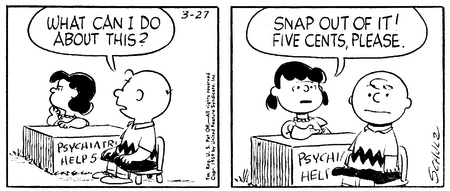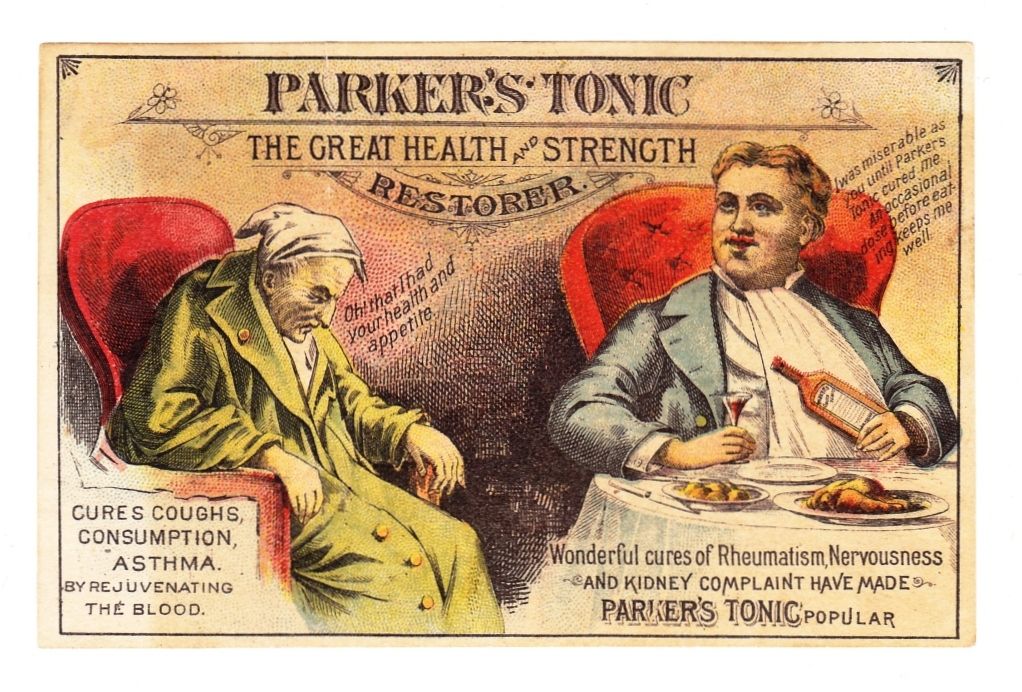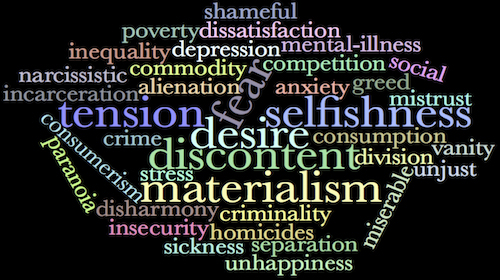By: Chris Warren.
I am a huge consumer of music. My iPod is nearly full and I’ve been a subscriber to SiriusXM radio for over ten years. I listen to jazz standards and screaming thrash metal and classic rock and country and everything. A lot of what I’m into is just for entertainment, but some of it says something meaningful to me. What has become apparent is that new music does not seem to say anything at all.
Rewind back to the 1960s-1970s Vietnam era. The war was in the headlines every day. We The People, particularly the young people, were getting sick of it and the music of the time reflected the sentiment. It was a Golden Age when music was not just about making a profit. It was a vote, an editorial, and a prayer all rolled into one. You may not have agreed with what they were saying, but they deserved respect for the effort they put into saying it.
Today, not only does music have little to say (unless killing cops and having sex is “saying something”), it does not take a whole lot of talent to say it. Carefully crafting chords and downbeats, you know, actually singing and playing an instrument, has been dispensed with. Now they just slap some junk together and let a computer sort out the details. All bow down to Auto-Tune.
There is an episode of the animated TV show South Park where father Randy Marsh, disgusted by the kids’ idea of “talent” as hitting high score on the video game Guitar Hero, tries to show them the artistry of Kansas’ classic Carry On My Wayward Son as performed on a real guitar. Predictably, the kids are appalled. Satire and comically horrible vocals notwithstanding, that one short scene encapsulates the generational disconnect about music. It’s not about musicianship or artistry, it’s about memorizing what button to push or having a good marketing agent.
The computerization of music is not necessarily bad. Times change, technology moves forward, and I love my iPod and SiriusXM. I’m not old enough to have ever owned an 8-track tape, but I know I don’t want them back! What is bad is the complete lack of effort and thought put into modern music. Led Zepplin, Styx, Bruce Springsteen, Billy Joel…not a single one of them could get a recording contract as a new act today. Their music is nowhere near shallow and superficial enough for what sells now.
The social commentary and protest songs of the 60’s and 70’s are still relevant and still have a large following, not just because the music is well composed and performed, but also because decades later it still isn’t done telling its story. Anyone want to bet if Justin Bieber or Nicki Manaj will be considered artistic treasures forty-plus years from now?
The political climate probably has a lot to do with the lack of dissent in modern music. In politics, there are very few fence sitters. Music is a commodity and bands are run like corporations. As such, they go only for what sells. The few that drift out of the center lane accept that by embracing one side they are volunteering to be outcasts to everyone else. Socially conscious music may be virtuous and philosophically pure, but it seldom pays the bills.
Justin Bieber will never have to worry about one of his songs being hijacked for a political or social cause.
We have an election year coming up, and as sure as the weeds grow every spring there is no shortage of aging hippy rock stars whining that they don’t want their music used in a particular party’s or candidate’s campaign. Never mind that the campaigns paid licensing fees for the legal right to use the music (although the law does give the artists some say in the matter). And never mind that a lot of these old bands get a badly needed career boost from the publicity that comes from their songs being used by a political campaign, even if it’s for a candidate they disagree with.
The 60s and 70s antiestablishment spirit still burns bright in the hearts of the old rock legends who are still around. Their objections today seem rather petty compared to the statements they were originally trying to make with their art, yet I admire them for sticking to their principles. For sure, Justin Bieber will never have to worry about one of his songs being hijacked for a political or social cause.













